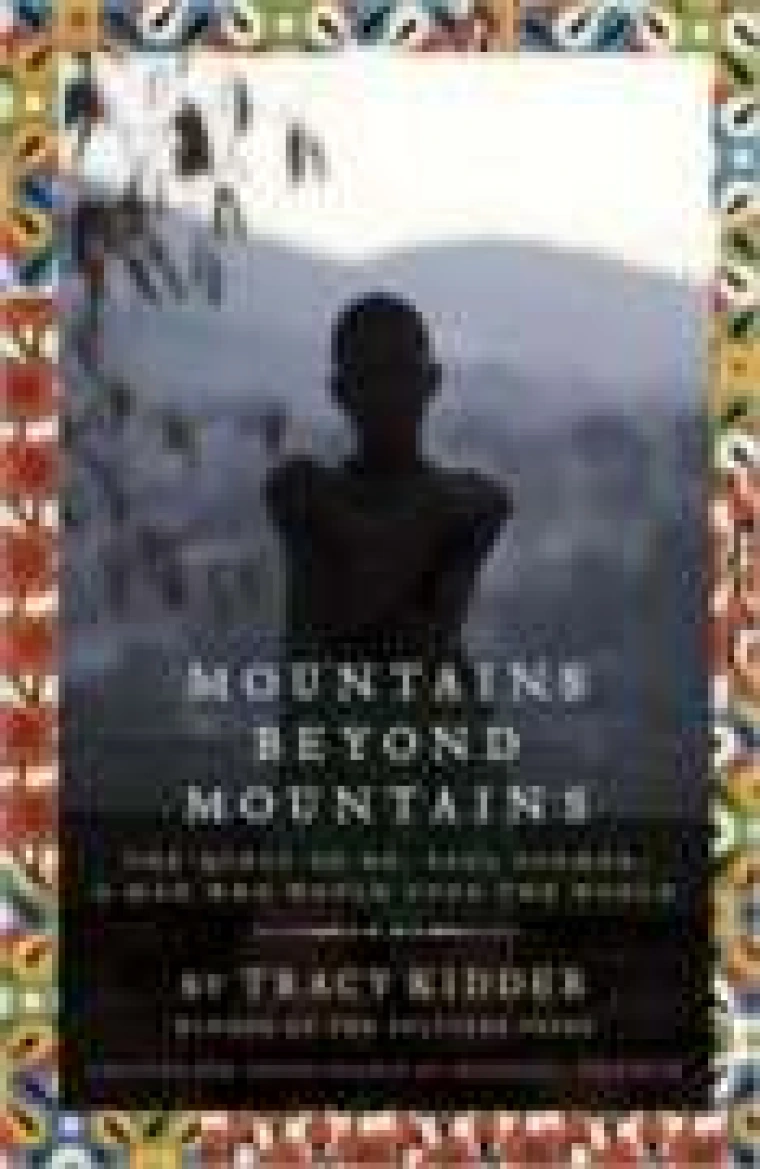Mountains Beyond Mountains
Traces the efforts of Dr. Paul Farmer to transform healthcare on a global scale, documenting his visits to some of the world's most impoverished regions and the unconventional methods that enabled him to improve and save lives.
9780385743181
Region:
International
Themes:
human rights health

